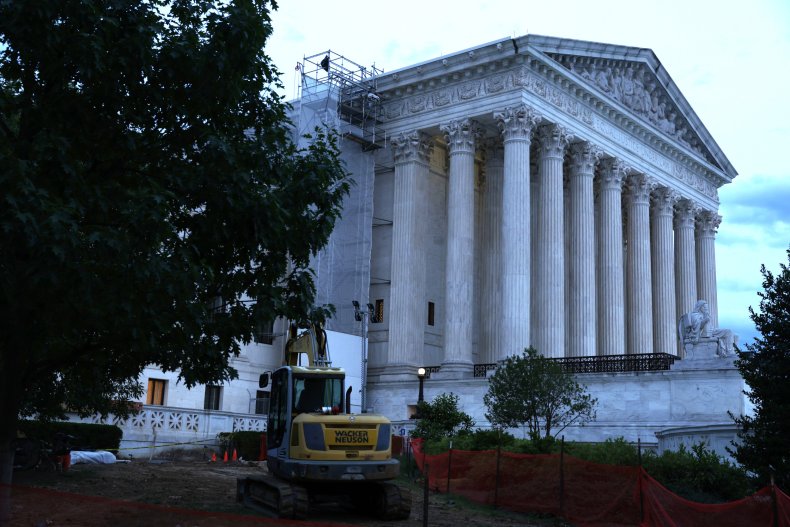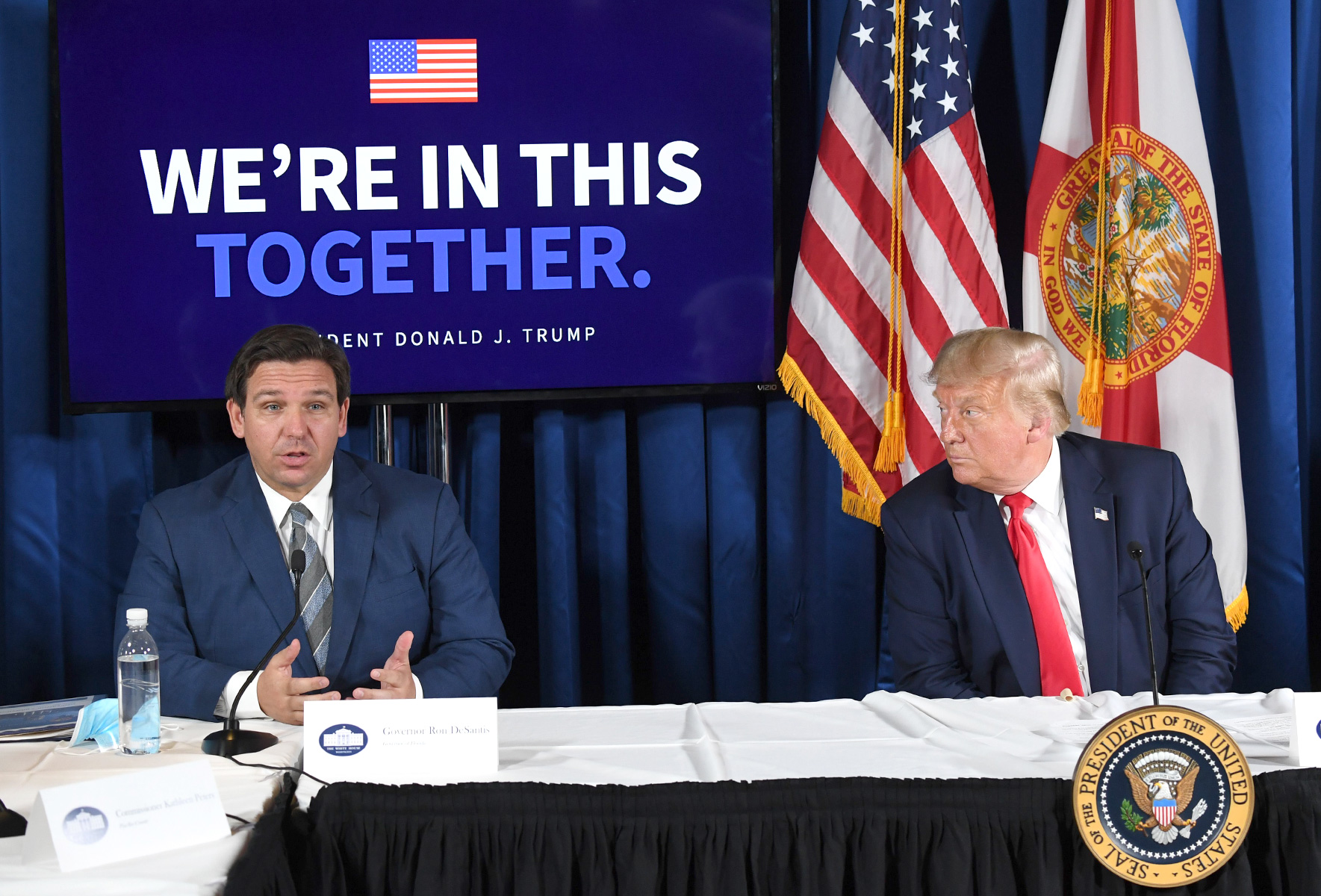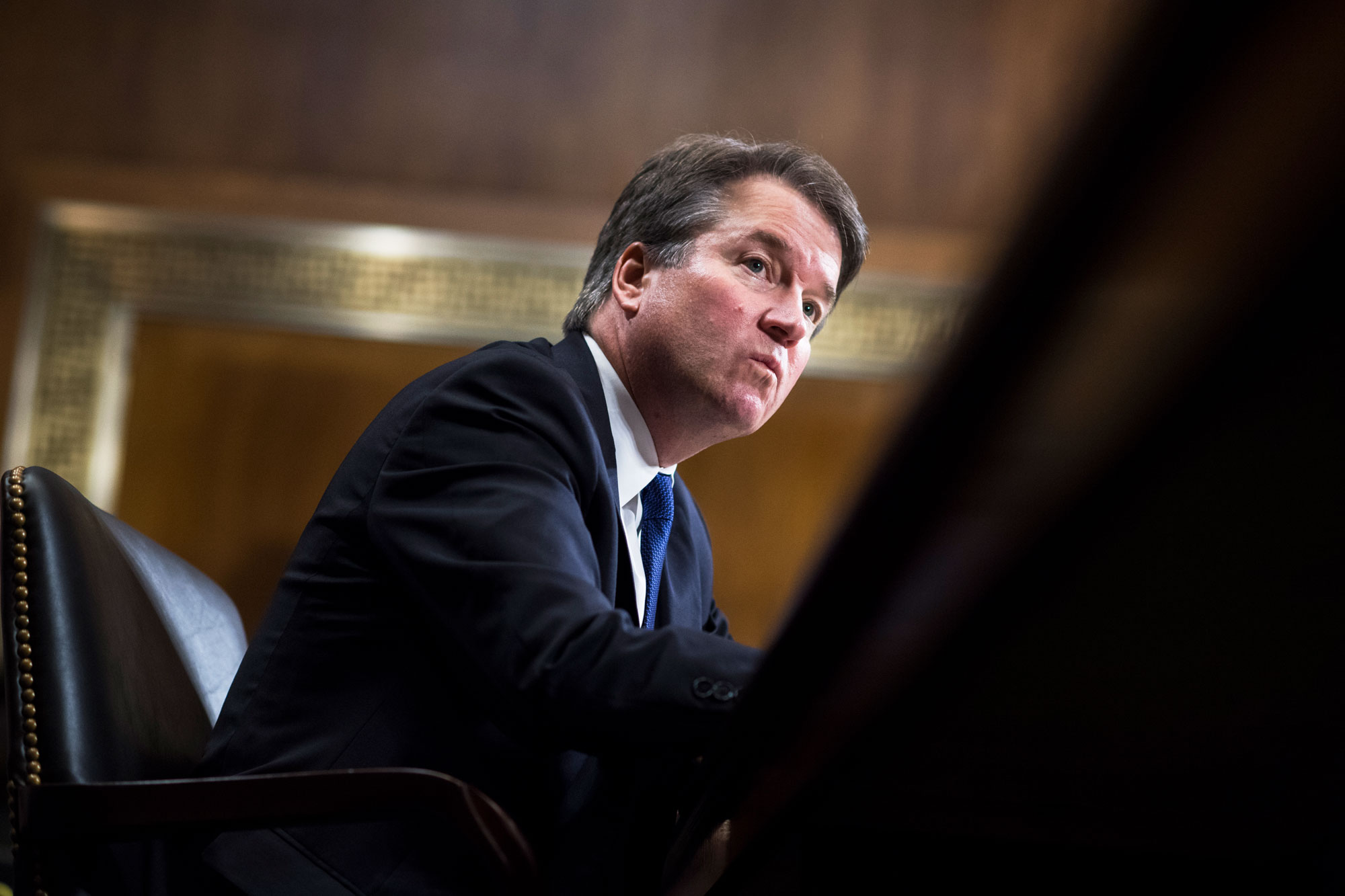Last week's surprising U.S. Supreme Court decision overturning racially gerrymandered maps in Alabama appears to already be having ripple effects as states across the South begin contemplating challenges to recently passed laws they claim are designed to dilute minority votes.
On Friday, NAACP North Carolina filed a motion to resume litigating their federal challenge to the state's recently enacted photo voter identification law after it was stayed by a state-level court due to a pending challenge in the State Supreme Court in the case Holmes v. Moore.
According to the plaintiffs, the photo identification requirement would have fallen disproportionately on voters of color, potentially restricting their ability to participate in elections and giving an undue advantage to the legislation's Republican backers.

Per arguments made in an initial 2021 hearing on the case, Black voters were 39 percent more likely to lack qualifying ID than registered white voters, creating a scenario where "the burdens of obtaining a qualifying ID are also likely to fall more heavily on African American voters than on white voters."
The North Carolina Supreme Court agreed, narrowly ruling in 2021 that such requirements were illegal. However earlier this spring, a newly installed conservative majority on the North Carolina Supreme Court sparked controversy after it elected to reverse that previous decision as well as a recently-decided case outlawing gerrymandered maps that favored Republicans, all but ensuring that photo identification would be mandatory to vote in North Carolina's elections.
That was, however, until last week when the U.S. Supreme Court ruled in the Alabama redistricting case, Allen v. Milligan, it would be reaffirming the court's longstanding interpretation of section 2 of the Voting Rights Act, which outlaws voting practices that discriminate on the basis of race.
While not guaranteed, North Carolinians now believe they have a chance to challenge the voter identification law yet again—this time, with the precedent of a recently decided U.S. Supreme Court case in their pockets.
"We are pleased to see the majority opinion from Alabama," Deborah Maxwell, president of the North Carolina NAACP, said in a statement. "This unexpected outcome in the federal courts is a crucial win against the continuous attacks on voting rights in this country and gives us the fuel here in North Carolina to keep fighting. The NAACP North Carolina will vigorously continue our challenge to this discriminatory photo voter ID law whose implementation would disproportionately impact Black people across the state."
Newsweek has reached out to the North Carolina NAACP for comment.








